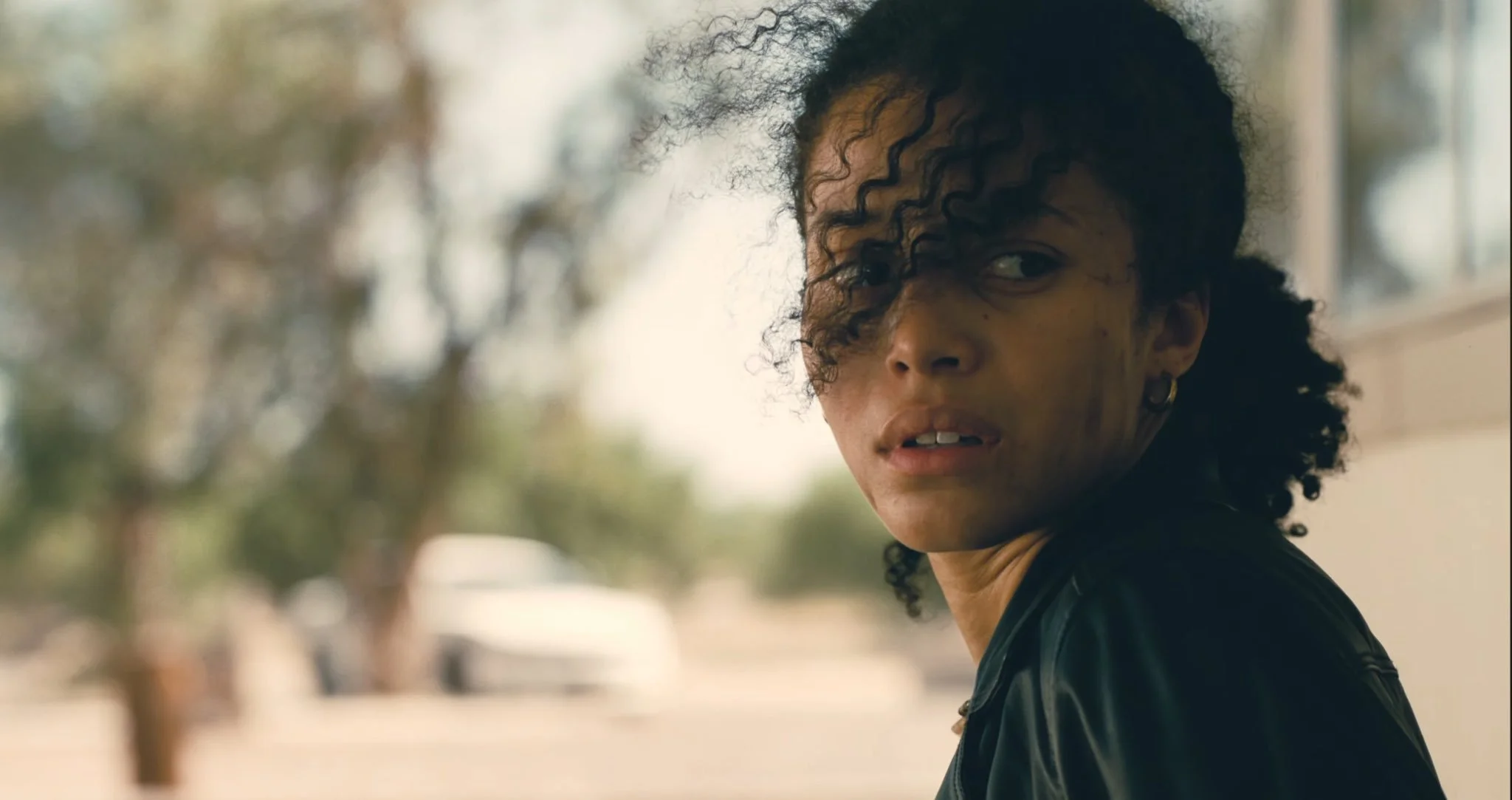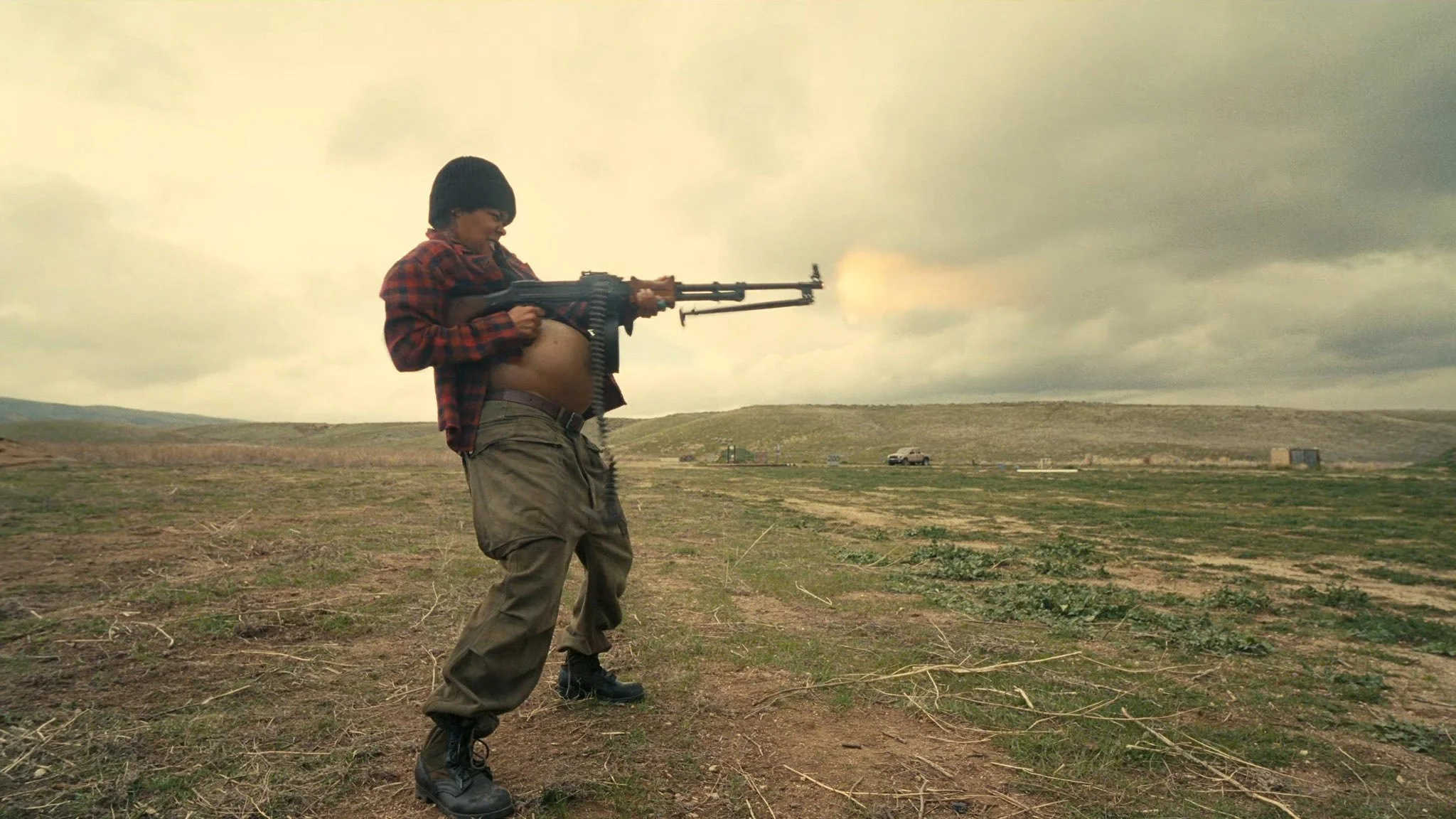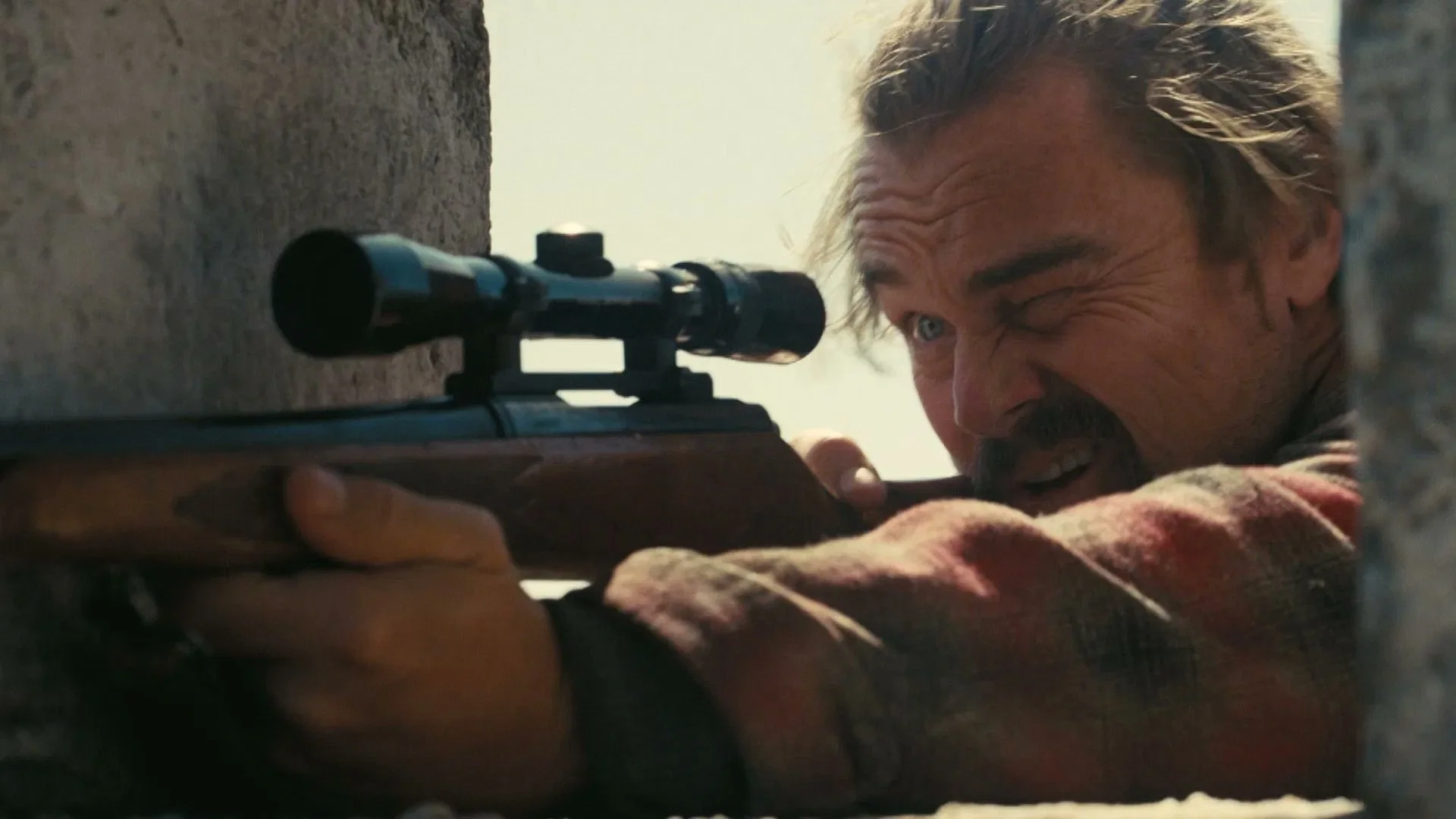ONE BATTLE AFTER ANOTHER: STORY ABOUT FORGIVENESS AND TRUST
All happy families are alike, each unhappy family is unhappy in its own way, writes Leo Tolstoy at the very beginning of the 1877 novel Anna Karenina. Director and screenwriter Paul Thomas Anderson has been dealing with the second ones, the unhappy, since he started making pictures. In Anderson’s films, family is not one-dimensional but deeply complex. Moreover, it is not the traditional nuclear family. And every single one of them is unhappy in its own way. His characters often struggle not only to hold on to a family but even to have one at all. They search for someone to fill the void in their lives, like Reynolds Woodcock in Phantom Thread, who lost his mother as a child.
While promoting Boogie Nights in 1997, Anderson said that families are “endless juicy ammunition for great stories”. Consciously or unconsciously, he has kept this idea at the core of almost all his films. Although the plots may revolve around the porn industry, the relationship between capitalism and faith, a brilliant fashion designer and his muse or Scientology, beneath the surface lies a labyrinth of complex relationships and all their heavy emotional baggage.
Anderson’s latest film One Battle After Another is no exception. “The emotional comes from the story of a family. It comes from the way we love and hate,” Anderson said in an interview with the film’s protagonist Leonardo DiCaprio. At the heart of the film, inspired by Thomas Pynchon’s novel Vineland, is a father’s love for his daughter: Bob Ferguson (Leonardo DiCaprio) and Willa (Chase Infiniti). This little family is not necessarily an unhappy one, but they most definitely have their battles.
Willa Ferguson (Chase Infiniti). Photo: @ptaframes (X)
Before Willa was born, Bob was part of a revolutionary group called French 75, together with her magnetic mother, Perfidia Beverly Hills (Teyana Taylor). Perfidia became pregnant but never developed strong maternal instincts or the desire to settle down with a family. While heavily pregnant, she fired a machine gun screaming, “Bitch, I felt like Tony Montana!”. After falling into postnatal depression, she abandoned Bob and Willa. Because of the dangers tied to their past with French 75, Bob moved them into the woods of Baktan Cross. Ever paranoid, he did his best as a single parent, though as he admits, he “fried his brain” with constant pot smoking and drinking.
Perfidia Beverly Hills (Teyana Taylor). Photo: @ptaframes (X)
After sixteen years of relative peace, the past resurfaces. Bob must now protect his only child from Colonel Steven J. Lockjaw (Sean Penn). He desperately tries to remember the code for the meeting point with Willa - French 75 had developed an entire system for emergencies - but struggles to get his act together. On this mission, Willa’s calm and collected karate teacher, Sergio St. Carlos (Benicio del Toro), helps him as much as he can. As Jimmy Gator says in Magnolia: “We might be through with the past, but the past ain’t through with us.”
One Battle After Another raises questions of forgiveness and trust, words that linger over the entire film. Willa grows up hearing Bob’s stories about how her mother was a hero. Years later, she discovers the truth: Perfidia was “a rat,” as Sister Rochelle of the Sisters of a Brave Beaver tells her. On top of that, Willa learns that her biological father is not Bob but Lockjaw, a member of a white supremacist group called The Christmas Adventurers Club who now wants to kill her in order to erase all traces of his past interracial relationship with Perfidia. In less than two days, her entire world collapses. She no longer knows who to trust, especially when the man closest to her is not who she thought he was.
The film’s most heartbreaking moment comes when Bob and Willa finally find each other after a nerve-racking three-car chase, amplified by Jonny Greenwood’s anxious score. In shock, she screams at him: “Who are you?” while holding her finger on the trigger. She is shattered: her real father tried to kill her, her mother is a traitor, and her life is in danger. Bob speaks the code, and only then does she run into his arms. What makes the scene devastating is the shift. Willa breaks out of survival mode and collapses back into being his daughter.
The real hero of the film is Willa, not Bob. Anderson avoids turning parents - in this case the father - into superheroes, instead placing that burden on the child. Bob forgets the code, he is out of shape, his running and jumping look clumsy and wearing a bathrobe seems to be his lifestyle. He is so stoned that he falls from a roof while trying to follow a group of young men to help him. “His heroic moment is in those 16 years of raising her, off-camera heroism. We don’t get to see that part but we feel he is a hero anyway,” Anderson explained at the film’s New York special presentation.
Beyond that, Bob is mentally stuck in the past, right where Perfidia left him. Watching him on screen, it seems his constant state of mind is would’ve, could’ve, should’ve - always looking back, rarely forward. Even in French 75, he lived in Perfidia’s shadow. She was the mastermind, he was the follower. She walked ahead, full of confidence, and he struggled to keep her pace. Perfidia remains central even in her absence. Though she disappears for the last two-thirds of the film, every shift is driven by her past choices. She is like a phantom haunting the story. In those sixteen years, Bob did the best he could, but he knows he cannot replace a mother figure. In his clumsy attempts to connect with Willa’s generation, he is also, subconsciously, reaching for forgiveness. These little moments show his awkward but sincere efforts not to lose his only daughter. Willa shows him how to take a selfie; he asks whether her friend is a he, she, or they.
Another powerful moment comes when Bob admits to Sergio, “I don’t know how to do her hair, man.” Anderson turns this mundane confession into the film’s most moving line. Bob realizes he gave Willa everything he could, but he cannot replace her mom - emotionally or culturally. In that line, he acknowledges the difficulties of her upbringing while also, indirectly, asking for compassion and forgiveness. The final scene of the film reveals the love Willa and Bob share for each other, as well as for Perfidia, even in her absence. Are you happy? Do you have love? What will you do when you grow up? Will you try to change the world like I did?, she asks her in a letter Bob gave her. Willa doesn’t feel indignant because love is never lost when perspective is earned.
Bob Ferguson (Leonardo DiCaprio). Photo: @ptaframes (X)
Anderson’s personal fingerprints are everywhere. He once told a story about how his father drew his mother in a white 1964 Avanti sports car when she was about to give birth to him. In One Battle After Another, the character who gives Willa the car keys to escape murder is named Avanti. Returning to the theme of hair, Anderson’s partner Maya Rudolph - mother of their four children - told The New York Times Magazine in 2018 that her father didn’t know how to do her hair after her own mother died when she was young. “So much of my childhood was dealing with my hair and being super embarrassed by it, mainly because I grew up being the only mixed kid,” she said. The actress Anderson brought back into his cinematic universe after 26 years is April Grace. In Magnolia, she played the journalist who drove T. J. Mackey (Tom Cruise) to the brink by confronting him with the lies he told about his past. In One Battle After Another, she delivers another shattering truth, this time to Willa, by revealing that her mother was “a rat.”
One Battle After Another also speaks volumes about Anderson’s vision of protecting family, as he pushes the film to extremes: car crashes, gunfire, police violence, white supremacy, protests, immigration. Even in the midst of the chaos, you cannot help but laugh instead of scream. Once more, Anderson confronts us with the question: You can forgive someone, well that’s the tough part, what can we forgive?



